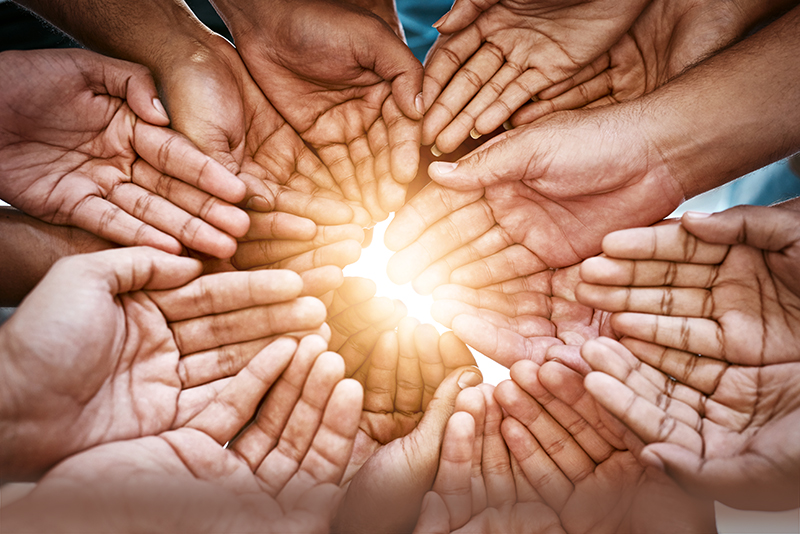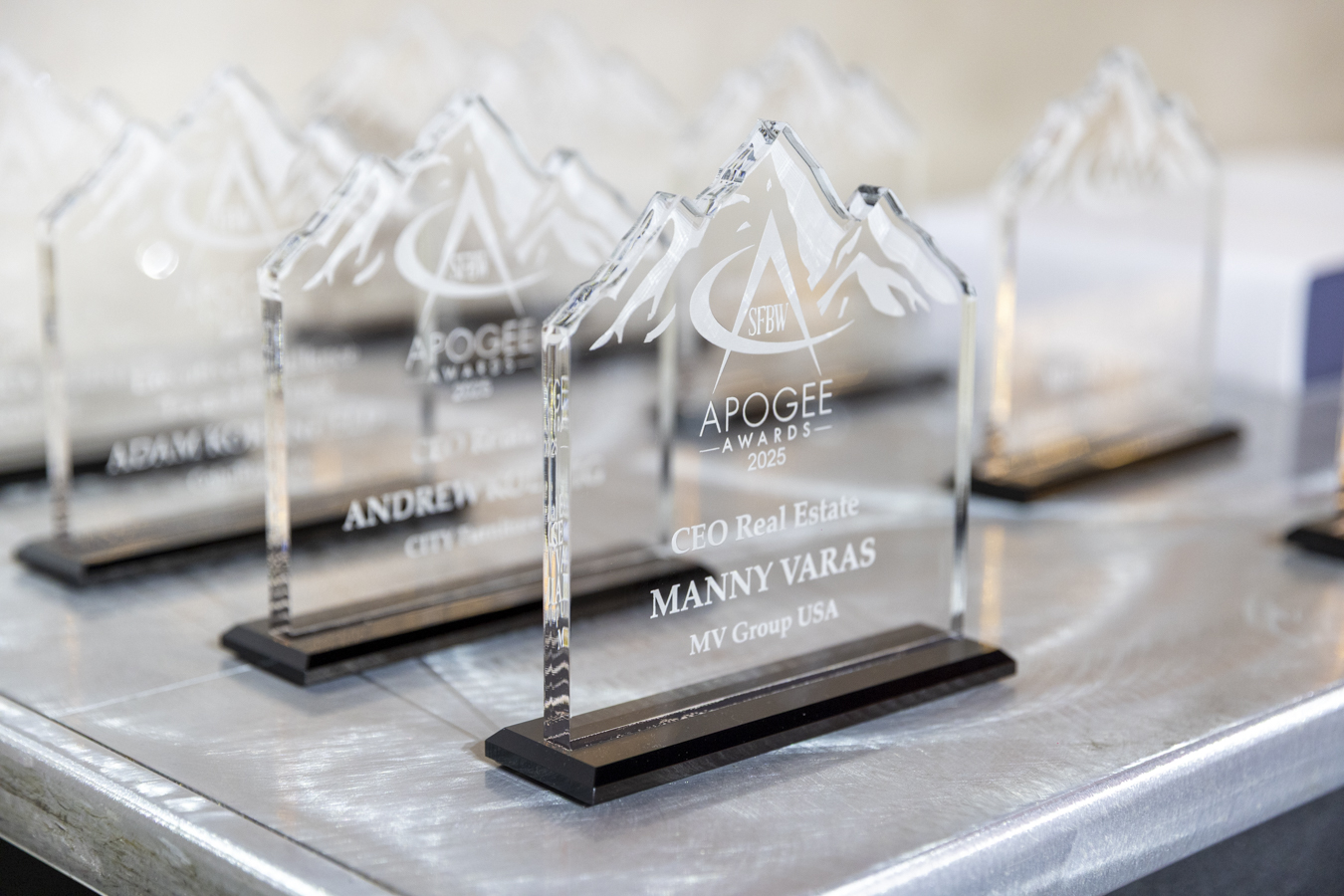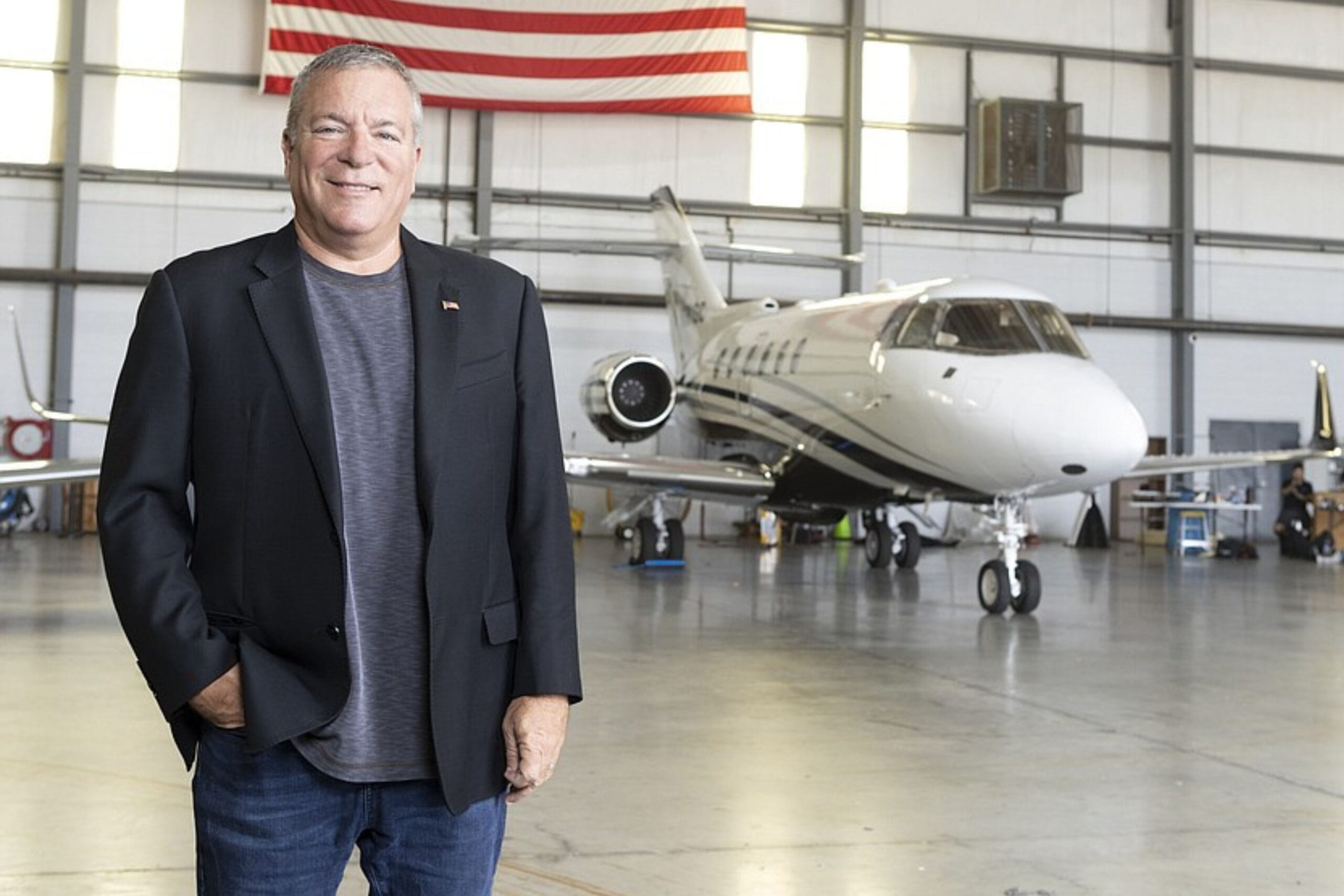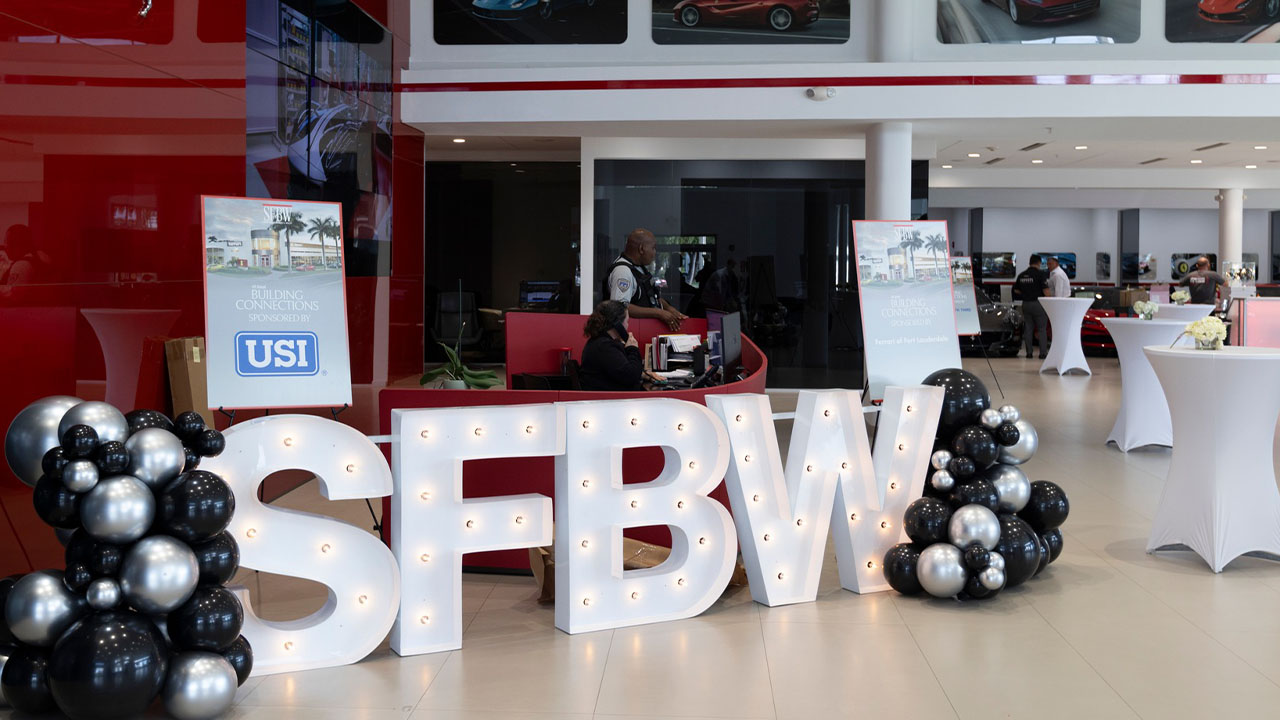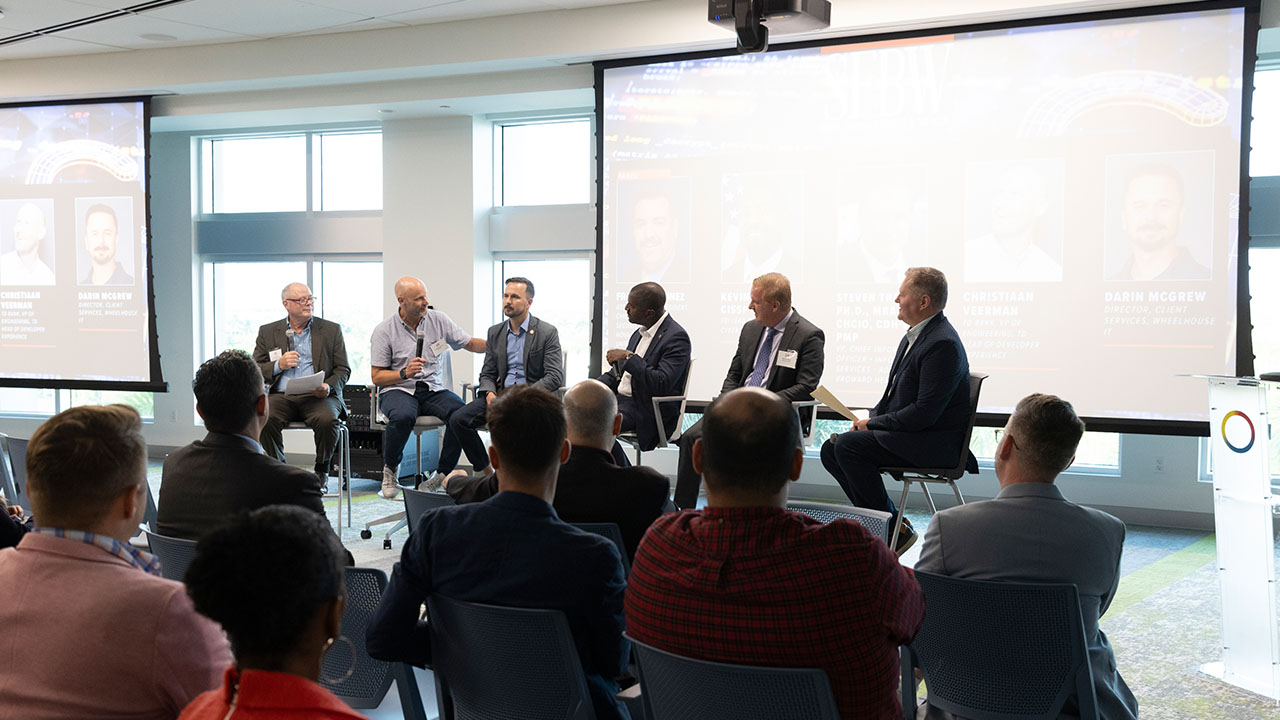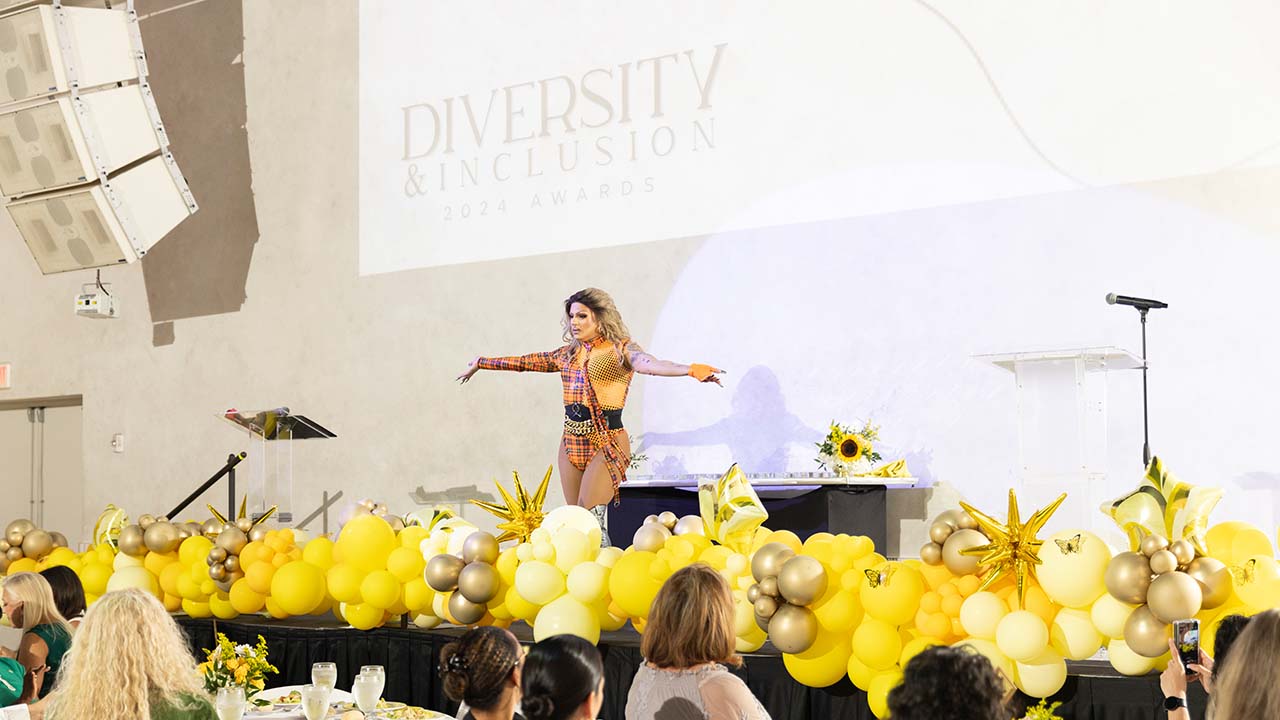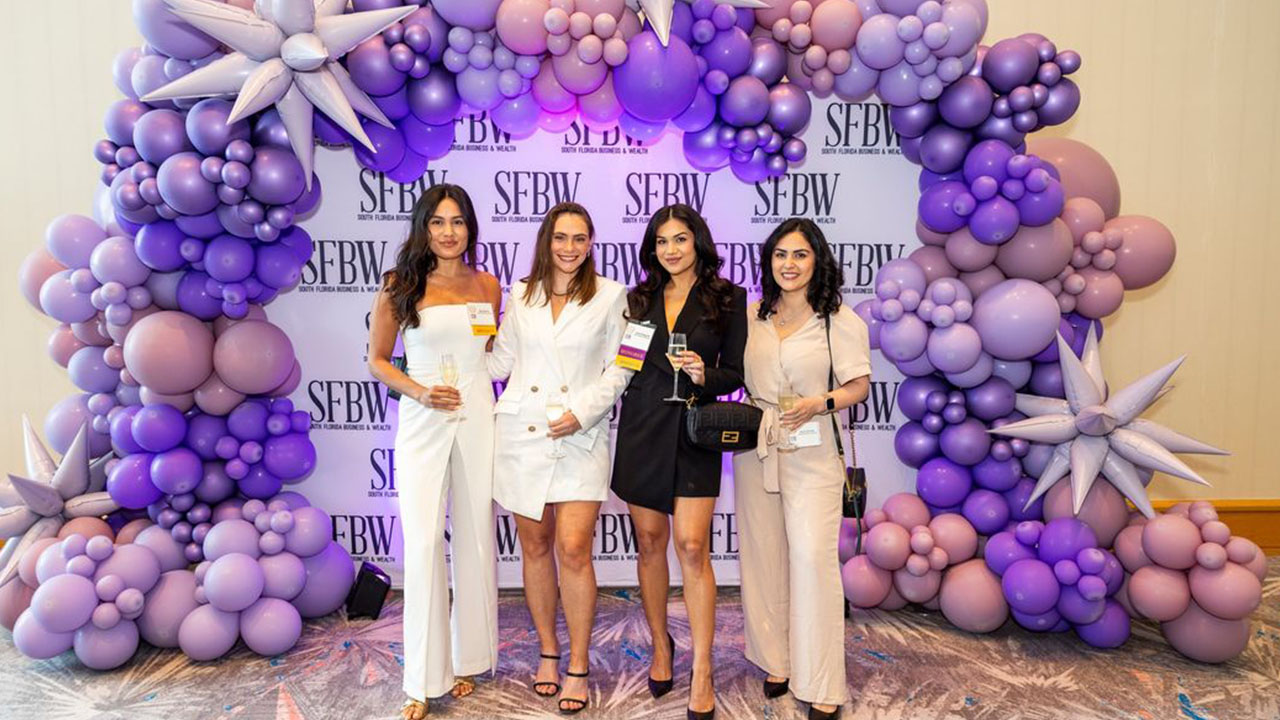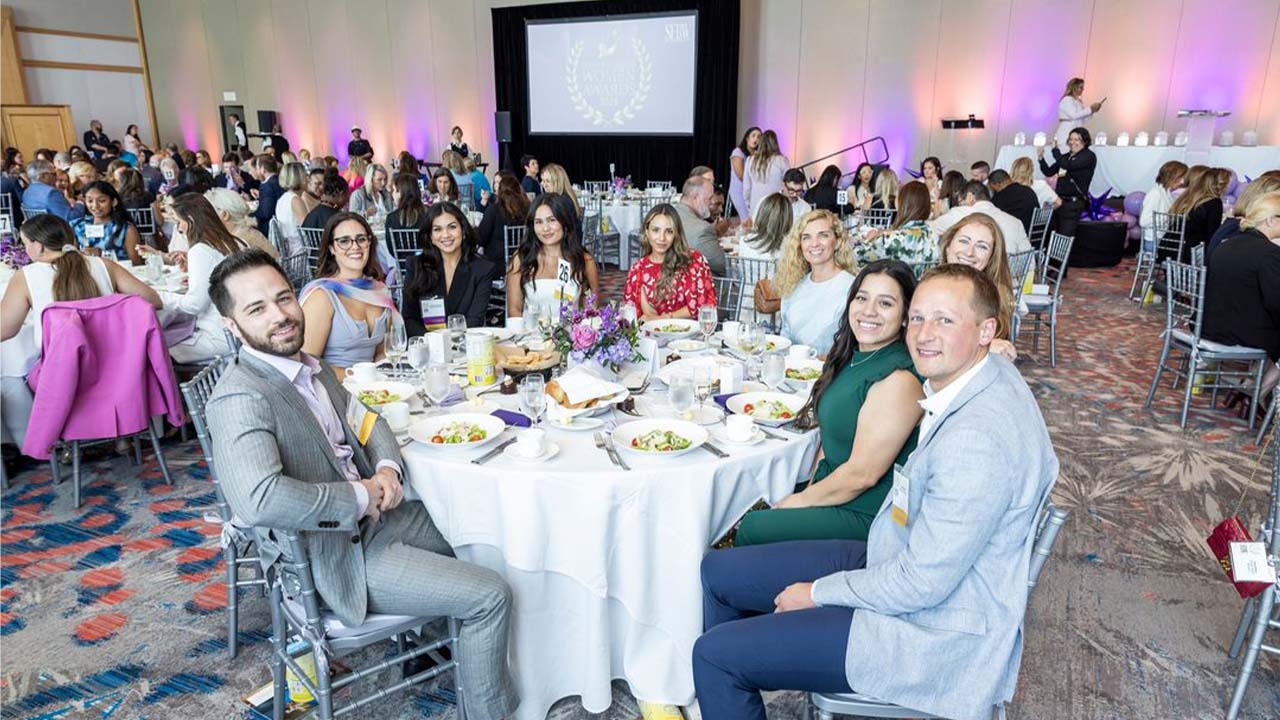Amid an ongoing summer of discontent, as the country continues to struggle with big-picture issues connected to race, Lifestyle Media Group organized a virtual conversation with three prominent and respected South Florida business leaders who spoke to the biases and challenges encountered by the Black community—as well as the opportunities for change.
The panelists included Gregory Haile, president of Broward College; Symeria Hudson, president and CEO of Chapman Partnership; and Gregory Salters, founder and managing partner of The SALT Mine Success and Leadership Training Institute (see bios for additional information).
The event was presented by United Way of Broward County and Kreps DeMaria Public Relations and Marketing—and moderated by Kathleen Cannon, president and CEO of United Way of Broward. The hourlong panel discussion has been edited for brevity.
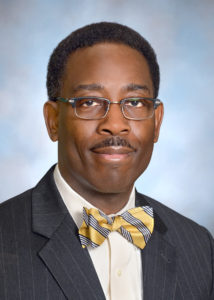
FORMATIVE EXPERIENCES
Hudson: I grew up in the deep South; my family and I lived in the projects in Alabama. It was a tough go. We were living paycheck to paycheck. My best friend [in grade school] was a white girl. One day, her cousin walked home with us and said she couldn’t play with me because I was Black. I didn’t know what that meant until I went home, and my mom explained it to me.
We were fortunate to move out of the projects. My mom was single and raising five kids on her own. I ended up attending Alabama A&M University, a historically Black college. It was an incredible experience—not just to teach me how to be Black but to teach me that I had as much confidence as anyone else. [Hudson went on to earn an MBA is from Harvard Business School.]
One of the keys for me wasn’t necessarily leaving the projects … it was the fact that I got support along the way. My family encouraged me to move forward in life. I had an incredible network of people that made sure that I got the right mentoring and the right support.
Haile: I grew up in South Jamaica, Queens, New York during the 1980s and ’90s, one of the more challenged neighborhoods in America. [This was] during the height of the crack epidemic. Every window to my home had bars on it. I’ve had a bullet come through my living room window. I lost friends.
One of the pivotal moments of my life is when my mother actually lied about my address, so I could go to school in another neighborhood. Starting in the third grade, I would go through the projects, get on a bus for about 45 minutes and go to school in a much kinder, gentler environment.
Salters: My parents grew up in poverty. When they grew up in North Florida in Chattahoochee, whichever truck came first—a tobacco truck or school truck—is the one that they had to get on. My father graduated from Florida A&M University [he worked as an auditor]. Once he got out of there, he did not want his family to [grow up] like he grew up.
He made sure that we lived in a comfortable [middle-class environment]. If you looked at all of my pictures growing up, it’d be very easy to pick me out. I was the only Black one in my schools, on my sports teams. I lived in a middle-class white environment, but I hung out in the hood, so I understood the hood. Then I went to Florida A&M University, which was my first submersion in all Blackness and what it is to really be me.

DIVERSITY & BUSINESS
Hudson: Diversity makes business sense. It hits the bottom line. Nineteen percent of companies that have a very diverse talent base show a huge lift in revenues. And that’s because you get diversity of thought and creativity as well as innovation.
[It starts with] recruitment and retention—the two Rs—having and finding incredible talent to come into an organization. More important, it’s identifying opportunities where that diverse talent can stay. You can build a pipeline, but if people are falling out of the bottom, because we don’t recognize what those talented individuals need, then all of the work has failed. … Part of the retention process is coaching, but [it’s also having structured] coaching [and mentoring programs] based on the norms of that individual or norms of that culture. … As I was moving up in my career, I tended to get overlooked for opportunities. [Part of that is because the process was] having me check who I was at the door versus me bringing my whole self. Organizations have to [understand] that it takes all types of people from all types of backgrounds—and the coaching has to be different.
Haile: A huge part of the work that we do at Broward College is to help with the workforce development pipeline. … While the data isn’t clear as it relates to some of those most challenged ZIP codes in our area, we know that we can expect unemployment at least three times higher [than the state unemployment rate]. [These are] communities that are hungry for opportunity, hungry for education. Maybe they don’t have the resources, but the will and capacity is there.
An important question to ask during this timeframe: How often are we spending time with others who don’t look like us, so that we can be conscious of how we create those linkages? … Bridging those differences is key. We know that we have to reach out and have those connections. We have to be willing to have proximity with individuals and communities that we otherwise don’t on a day-to-day [basis]. That requires a different level of consciousness. Whether it’s you as a CEO or C-suite [executive], or someone who’s just entering your organization, the question should be, “How do we create the opportunity for those linkages to occur?”
Salters: So many times, from business and organizational standpoints, we believe that if we attend a meeting in the neighborhood, or we do a recruitment, that we’ve really engaged or connected with our audience. That’s not completely accurate.
It’s like when we’re doing marketing studies. Are we really learning the market? Are we really culturally competent to deal with the issues that we are going into, perhaps in a marginalized society? When you look at marginalized individuals, sometimes they’re marginalized because they’ve been pushed to the margins. Other times, it’s a subjective discrimination, because we see that there are no opportunities for us, or it’s going to be ridiculous. Therefore, we don’t even subject ourselves to the process.
How do we connect individuals in a meaningful way that shows the businesses what we’re really looking for? Those are some of the discussions we’re having now in the community. … You have to spread the word and get things moving. We start in our homes [and inside our organizations], and we share the information with others. And we just keep sharing it.
Hudson: One of the more systemic pieces that I think is foundational, whether it’s talent or retention, is this whole notion around unconscious biases. I think that’s where it does start, at home. I often say you don’t check your values at the door when you step into a workplace. You take everything with you. … There have been many studies that have shown [when] you look at different résumés, you may choose one versus the other based on the person’s name. Recognizing that there is a level of unconscious bias—and creating awareness around it—[can lead to] training [that] creates the right programs.
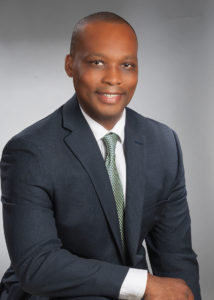
ADDRESSING UNCONSCIOUS BIAS
Salters: Sometimes, when you’re talking about unconscious bias, you have to be in a group that understands that we all have blind spots. A lot of times those blind spots can be opportunities for tremendous growth if we acknowledge them.
I spoke with the FBI’s Miami field office, and I taught a class on race and law enforcement. … We talked about how many had been stopped while driving and what their experiences were. Their secretary was Latina; she was approximately 60, and the incident happened 40 years ago. She was still trembling as she talked about the incident, and it was just a citation. A white male there, he remembered getting stopped, and he was driving tremendously fast. But they knew his dad, so he got out of the ticket. I told them, “This is what’s happening within law enforcement—and these are just people that are working within your agency.”
Many of them thought that the Blacks that they knew were making up these [kinds of] incidents, but since it was their co-workers expressing it, it helped them to peel some of the layers. That was the unconscious becoming conscious, and it provided a way to have a conversation. You have to also make sure you’re in a group where people are listening to understand as opposed to listening to respond.
CHARTING PROGRESS
Hudson: Understand where your numbers are. Build programs based on your numbers. Then use that as an avenue for tracking. I was chairman of the diversity committee at Baxter International, which was a $10 billion organization at the time. We shared with the senior leadership team where we were with diversity across a number of different spectrums—recruitment, retention, by department, supplier diversity programs. We measured every single thing. But I think what was most important is that we held our leadership team accountable. We ended up weaving diversity into performance management. We made sure that it was linked to everybody’s goals. This was not affirmative action. It made good business sense to do this.
Haile: I think about organizations like the United Way and the incredibly powerful and influential information that it provides to [give] some understanding of who we are and some of the deficiencies in our community. The [Asset Limited, Income Constrained, Employed] report is just a magnificent vehicle for understanding poverty rates. … So, as you think about your organization, think about the tools for understanding that exist.
There is no one individual, there is no one organization, that owns this. We own this as communities. We own this as a country. … Think about where the community partnerships exist. … There’s an opportunity to work together right now in this unique time to address this in a comprehensive manner.
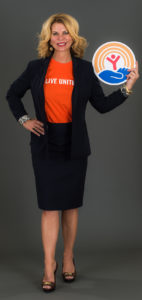
OPPORTUNITY AND ITS INCARNATIONS
Salters: My father always told us that when we’re buying a house, buy in the neighborhood with individuals who are moving forward. We always lived around doctors and lawyers because their houses were never flooded in Louisiana. By attending the schools and just by being in that environment, it moves things forward. [Author] Malcolm Gladwell talks about how the people running Microsoft and Apple got to where they are because of where they grew up, and the exposure they had as kids was their new norm. That is proximity and has nothing to do with what you were born with. You aren’t that much better than anybody else. You just had the opportunities.
Haile: I was graduating elementary school in sixth grade in 1989, and I said to a classmate, “Isn’t this amazing? We’re going to be the last class of the decade.” And without hesitation, he responds, “No, we’re going to be the last class of the millennium because we’re going to graduate college in [1999].” That was the first time I’d ever heard the word “college.”
I talk about the fickleness of me learning about what probably was the greatest element of advancement in my life—my ability to go to college and hearing it for the first time then. It should not have to be so fickle. It should not be the lucky conversation that I had with him. He surely came from a home where that was a part of the conversation, and I did not. As we think about our work, I implore you to think about how to eradicate the fickleness of opportunity.
I have an 8-year-old and a 5-year-old, and they will never remember the time that they learned about college. I’ve been talking to them about it since they were born. There is no difference in terms of capacity; it is purely opportunity. As you think about your investment, think about investing in the opportunity of others who simply may not have it.
THE LAST WORD
Hudson: I struggled for so long around what’s been happening. I think for the first time in my generation, I feel that there are more people that are listening. … I also have a 19-month-old son that I love to look at every day; I think about what conversations I’m going to have with him around what’s happening in our community. But I will tell you, it will be a message of hope. I’ve seen more emails and notes coming out from various CEOs around the country, expressing their sentiment and their desire to move the needle forward.
We all have a responsibility to speak up, [and not just] when it’s convenient. We need to [share] our convictions about what’s happening right now—whether it’s biased policies, disenfranchisement, or economic exclusion. … We all have a personal responsibility to move this needle forward. … Get involved because that’s the only way that this is going to change. ♥
About the Panelists
• Gregory adam Haile: The seventh president of Broward College assumed that role in July 2018. For nearly seven years before his appointment, Haile served as the college’s general counsel and vice president of public policy and government affairs. A Harlan Fiske Stone Scholar at the Columbia University School of Law, Haile has been a career public servant, community leader and accomplished educator, championing local and higher education interests by serving in more than 35 board/committee capacities, and 20 chair/president or vice-chair/president positions.
• Symeria T. Hudson: As president and CEO of Chapman Partnership, Hudson is responsible for overseeing the strategic, financial and managerial operation of the Miami-based nonprofit that seeks to empower the homeless through its comprehensive programs and services. Hudson, who received her MBA from Harvard Business School, previously served in executive capacities for medical technology and health care companies across the United States and Europe. Her duties with Chapman Partnership include collaborating with the board to develop fundraising and revenue strategies; and creating marketing and brand initiatives to raise awareness for the charity’s benevolent work in the community.
• Gregory A. Salters: The longtime law enforcement executive is the founder and managing partner of The SALT Mine Success and Leadership Training Institute. Over the course of his three-decade career, Salters has served in a variety of law enforcement units, including internal affairs, investigations, operations support, Drug Abuse Resistance Education and bicycle patrol. Salters has done consulting work and facilitated courses for the Federal Bureau of Investigations (Miami field office) and Broward County School Board, among other organizations and entities. Legacy magazine honored Salters as one of “South Florida’s Most Influential Black Leaders.”


